When a federal jury in San Francisco delivered its verdict on September 3, 2025, it sent shockwaves through Silicon Valley. Google was ordered to pay $425.7 million for continuing to track users even after they opted out of data collection. This isn't just another fine, it's a landmark case that affects 98 million users and 174 million devices across the United States. The decision lays bare how tech giants handle our most personal data when privacy promises don't match reality.
<<IMAGE_PLACEHOLDER:google-privacy-lawsuit-verdict>>
The case that changed everything
It began with a single switch, Google's "Web & App Activity" setting. Users thought turning it off would stop data collection. They were wrong. Technical evidence at trial showed Google allegedly kept collecting data even when the setting was disabled in account preferences.
The scope was huge. Google pulled information from third-party applications like Uber, Venmo, and Instagram through tracking mechanisms that ignored user-configured privacy controls. The class action lawsuit, filed in July 2020, covered about 98 million people and 174 million devices.
On the core claims, the jury reached liability determinations on two of three privacy violations. They found no malicious intent, which limited the award to compensatory damages, not punitive ones.
This wasn't just about Google products. The data flowed through a web of business relationships. Google kept these tracking capabilities alive through Google Analytics, embedded in hundreds of thousands of smartphone apps. Install an app from Uber, Lyft, Amazon, or Instagram and you could still be feeding Google activity data, even after opting out in your Google account settings.
<<IMAGE_PLACEHOLDER:data-collection-tracking-mechanism>>
Google's defense falls short
Google pushed back. The company said the data was pseudonymous, nonpersonal, and stored in segregated, secured, encrypted locations, according to Arab News.
Then came the emails. Internal Google communications from 2017 to 2020 showed employees were worried that the Web and App Activity toggle confused users. Judge Richard Seeborg noted those disclosures were vague and open to multiple interpretations, and that Google chose to keep them that way. Seeborg described the disclosures as ambiguous and subject to multiple interpretations.
The jury's answer to Google's pseudonymity argument was straightforward. If users were misled about what data was collected, the technical labels do not save you.
<<IMAGE_PLACEHOLDER:google-privacy-settings-interface>>
What this means for your privacy
Bottom line, this verdict marks a seismic shift in how we weigh digital privacy. The ruling underscores a simple requirement for every platform, make sure user settings match what happens on the backend.
This case has set new benchmarks for compliance. Policies buried in legalese are not enough, practices must line up with what users are told.
Here is the part that should make you pause. You might think you opted out. You might not have. The jury found Google liable on two of three claims, affirming that consent must be informed and technically accurate.
PRO TIP: Don't rely only on a single platform's settings. Use privacy-focused browsers, consider VPNs for sensitive tasks, and regularly audit third-party app permissions on your devices. Data can move between companies in ways your on-screen controls do not always capture.
The $425 million verdict, while significant, represents a reduction from requested damages of more than $31 billion. For a company of Google's size, that gap raises a hard question, do fines deter violations or just become a cost of doing business?
<<IMAGE_PLACEHOLDER:privacy-compliance-standards>>
The bigger picture: Google's privacy troubles
This verdict does not stand alone. Google has been hit with a string of privacy cases that point to deeper problems with how the company balances user privacy and business goals. Earlier in 2025, Google resolved a separate privacy dispute with Texas state regulators for nearly $1.4 billion, a sign these incidents are not one-offs but part of a pattern.
The company also agreed to eliminate billions of data records tied to Chrome's private browsing. In April 2024, Google agreed to destroy billions of records of users' private browsing activities to settle claims that it tracked people in "Incognito" mode.
Internationally, the heat is on. Google was fined 325 million euros ($381 million) in France for a similar offense, and the French data protection authority gave the company six months to stop displaying ads between emails in Gmail inboxes without prior consent.
The through line is clear, Google's model depends on data collection at scale, which creates built-in incentives to gather more, even when users say no. Compliance often trails revenue until regulators and courts step in.
<<IMAGE_PLACEHOLDER:global-privacy-enforcement-map>>
Where do we go from here?
The implications go far beyond one balance sheet. Google said the decision misunderstood how its products work and that it planned to appeal. The hit to trust may already be here.
This looks like a new era of enforcement where regulators are watching how privacy works in practice, not just in policy. Companies can no longer hide behind complex controls. The controls have to do what the label says.
Consider the Honda case with California's Privacy Protection Agency earlier this year. Honda was fined $632,500 not for a breach, but for making it too hard for people to use their rights. The CPPA honed in on friction points that blocked consumers, a sign that privacy user experience is now a front-line compliance issue.
For users, this verdict offers a measure of justice and a reality check. The regulatory focus has moved beyond breach response and policy text. It now covers the whole experience, from the switch you tap to the data flow you never see.
As more privacy laws roll out across states and countries, expect more cases like this, holding tech companies to their word. The message is simple, privacy is not what companies say, it is what they do. The gap between promise and practice is closing fast, and the cost of getting it wrong may be more than a fine, it may be a lasting loss of trust.











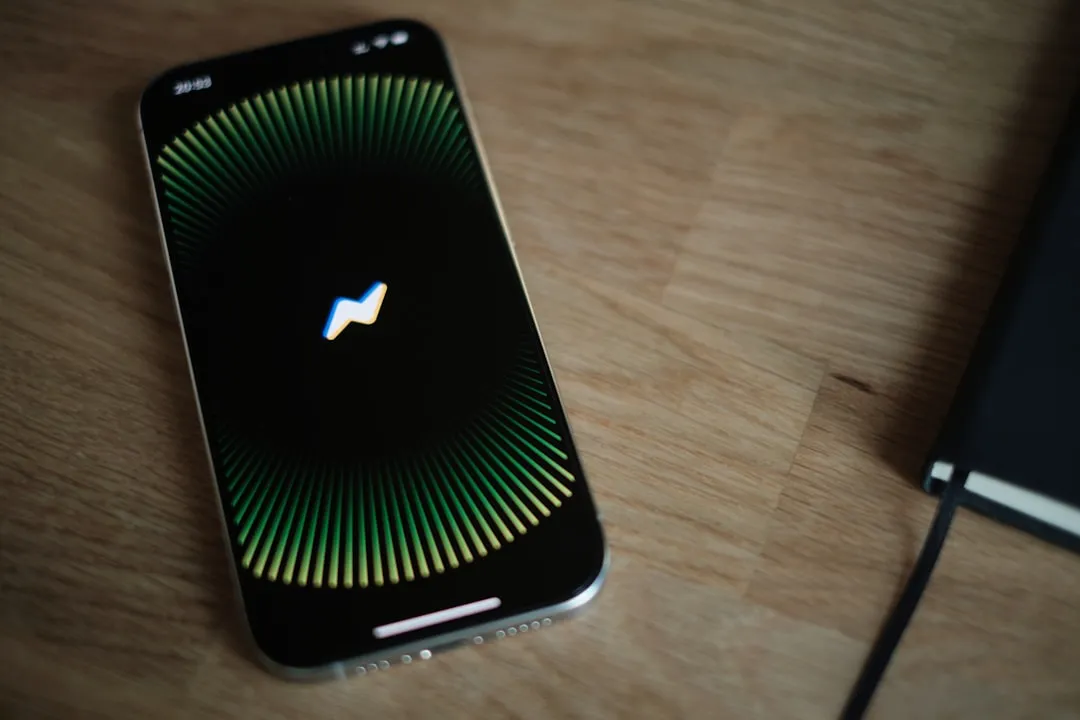



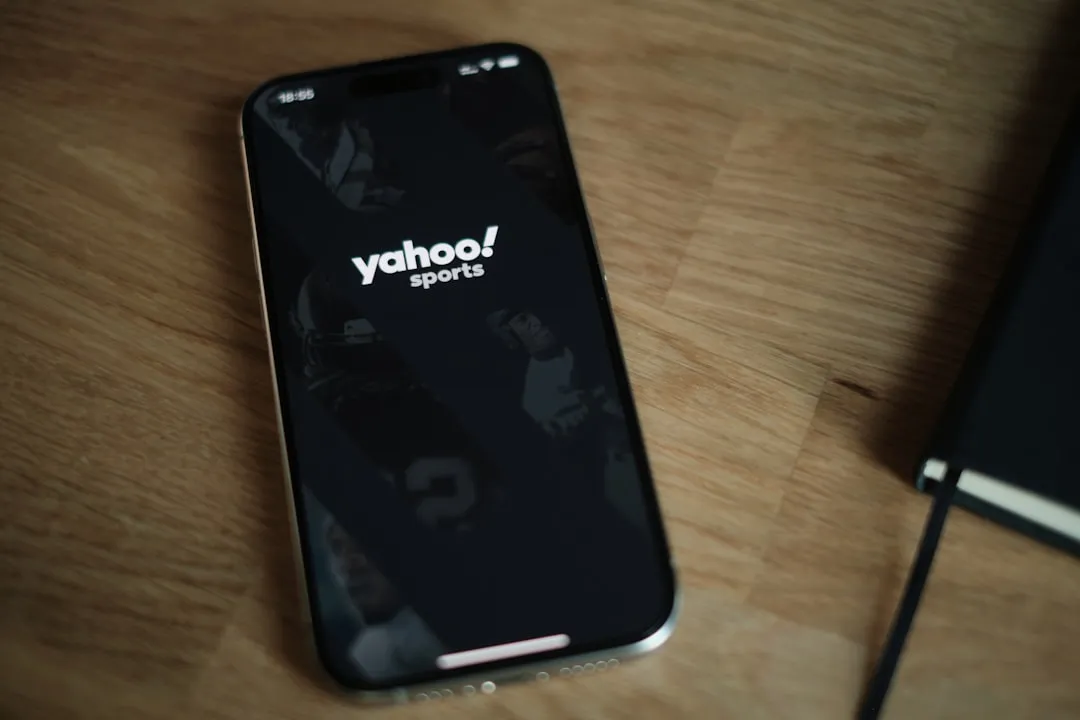
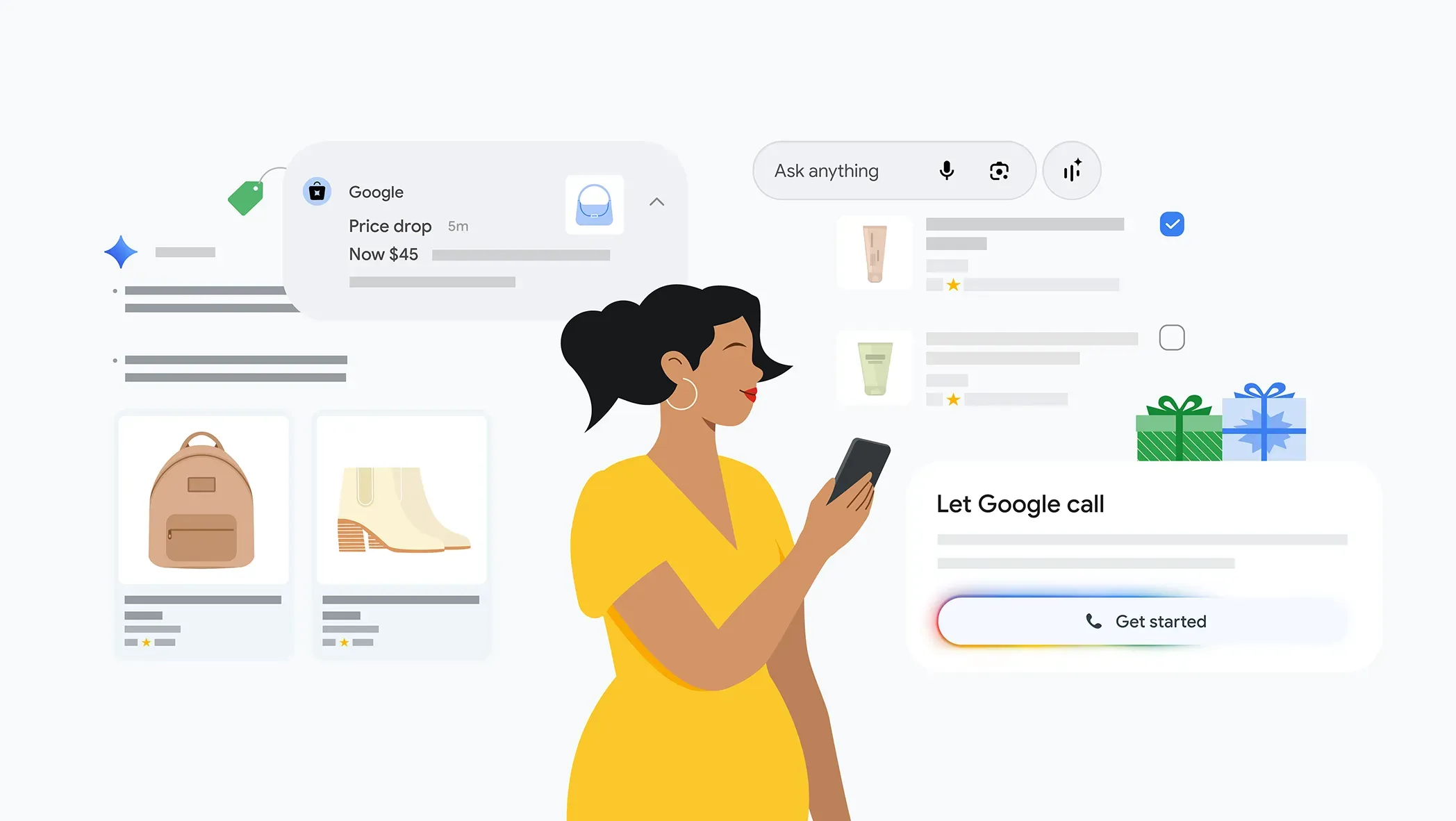
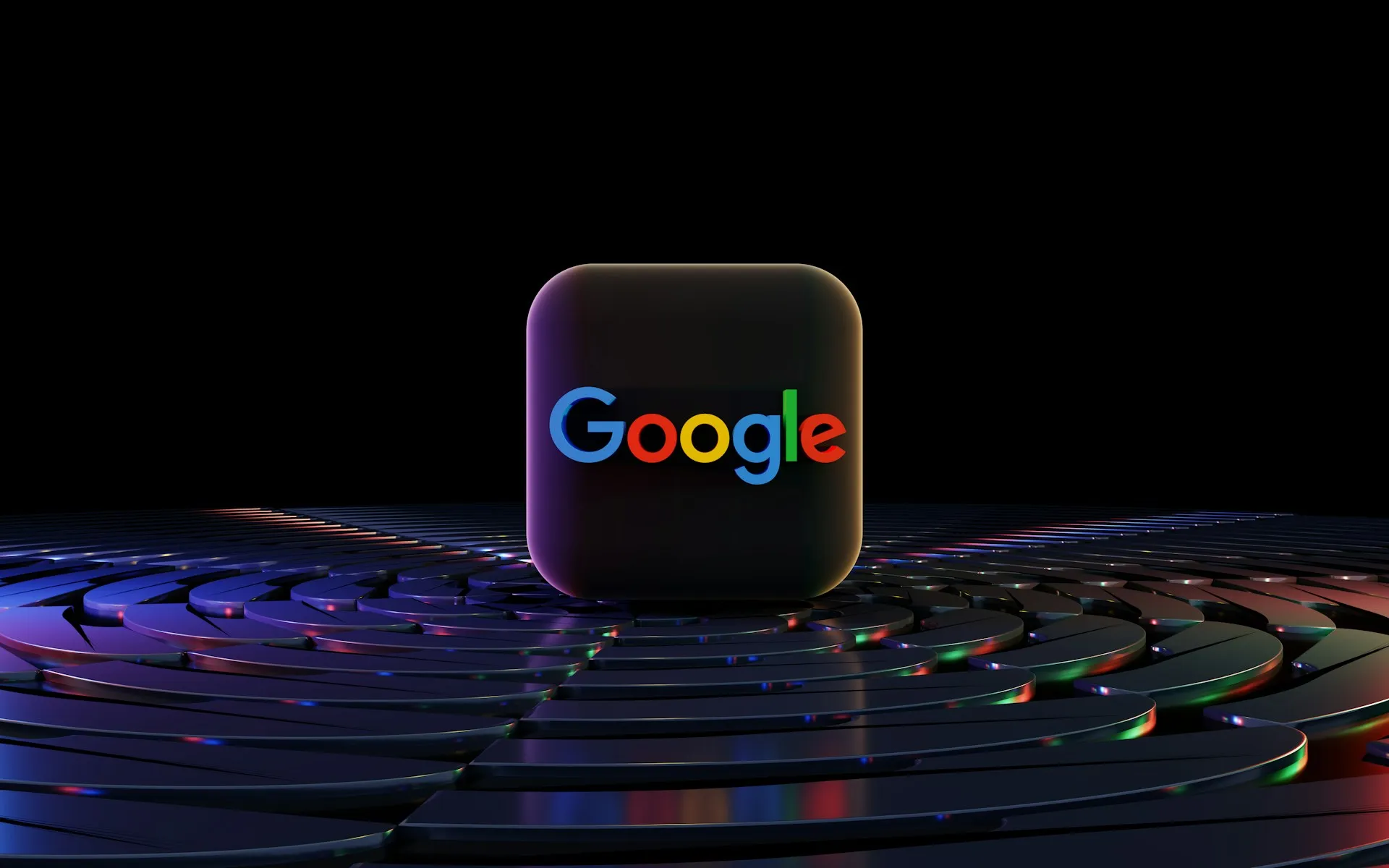
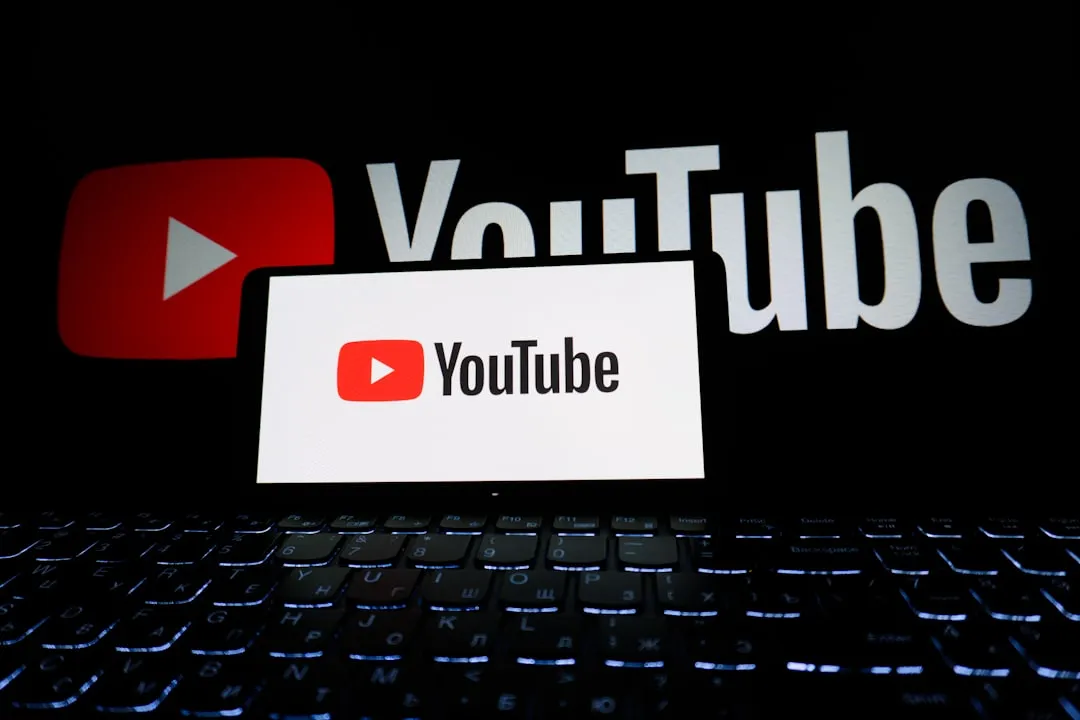

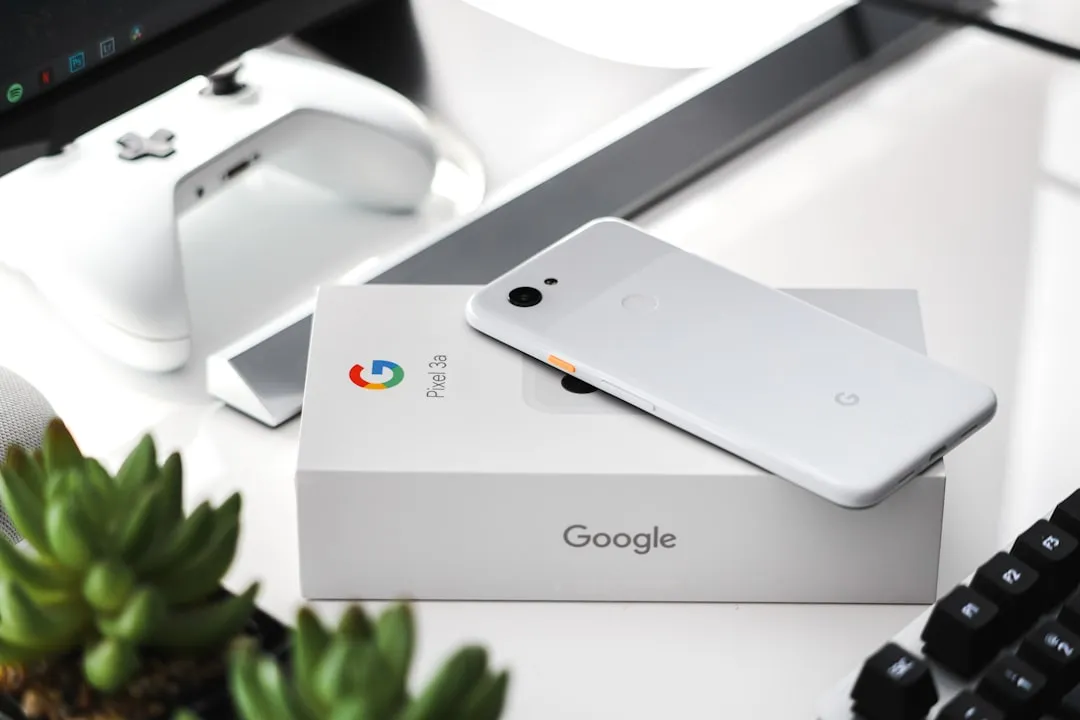


Comments
Be the first, drop a comment!